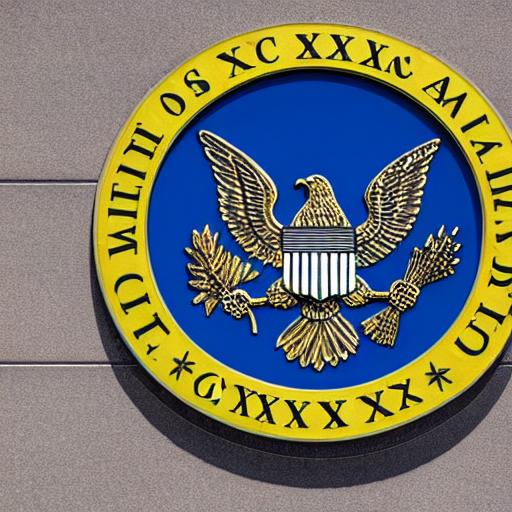The U.S. Securities and Exchange Commission announced on Thursday that cryptocurrency exchange Kraken agreed to end its cryptocurrency staking service and pay $30 million in fines to resolve charges that it had failed to register the program. This decision may cause issues for platforms with similar services.
The settlement represents the SEC’s first action against staking, a standard practice provided by both centralized and decentralized cryptocurrency exchanges, including the majority of the country’s top exchanges like Coinbase and Binance US.
SEC chair Gary Gensler stated that the majority of staking providers fail to give clients sufficient disclosures, such as how a company is protecting a user’s staked assets. Gensler noted that those service providers ought to register their staking offerings with the SEC.
Whether a business or platform calls its services “lending,” “earn,” “rewards,” “APY,” or “staking,” when it offers you these kinds of returns, it should be protected by federal securities laws, according to Gensler.
A “proof-of-stake” blockchain allows owners of crypto assets to stake some of their holdings in order to potentially participate in the transaction validation process. Validators frequently receive freshly produced crypto assets as payment for their work.
Customers of Kraken have the option to “stake” particular crypto tokens in exchange for incentives. On its website, it makes the claim that users who agree to lock up their assets for a specific amount of time can earn up to 20% in yearly income.
The San Francisco-based platform made no statements in support of or opposition to the SEC’s accusations.
In a statement, Kraken indicated that only U.S. clients would be impacted by its decision to discontinue its on-chain staking services, and that most assets enrolled in its program by U.S. users will be automatically “unstaked” as of Thursday.
A restriction on staking for retail clients in the US, according to Coinbase CEO Brian Armstrong, would be “a bad road for the US.” For its American consumers, Coinbase also provides a staking service.
Armstrong said they need to ensure that emerging technologies are promoted to thrive in the US, and not hindered by a lack of clear legislation.
On Thursday, shares of Coinbase fell more than 14%.
In order to resolve civil liability for alleged violations of the sanctions against Iran, Kraken agreed in November to pay the Office of Foreign Assets Control of the U.S. Treasury Department $362,000 and invest an additional $100,000 in specific sanctions compliance mechanisms.
In September, the company’s new CEO told Reuters that the exchange had no intentions to register as a market intermediary with the SEC or to delist cryptocurrency tokens that the government has classified as securities.
The agreement was reached a year after a BlockFi Inc. subsidiary agreed to pay $100 million to the SEC and 32 states to resolve allegations relating to a retail crypto loan product that the business provided to almost 600,000 investors.
BlockFi had intended to provide an alternative product as part of the settlement, which was anticipated to be the first cryptocurrency interest-bearing asset registered with the SEC. However, the New Jersey company filed for bankruptcy in November without ever releasing the product.








